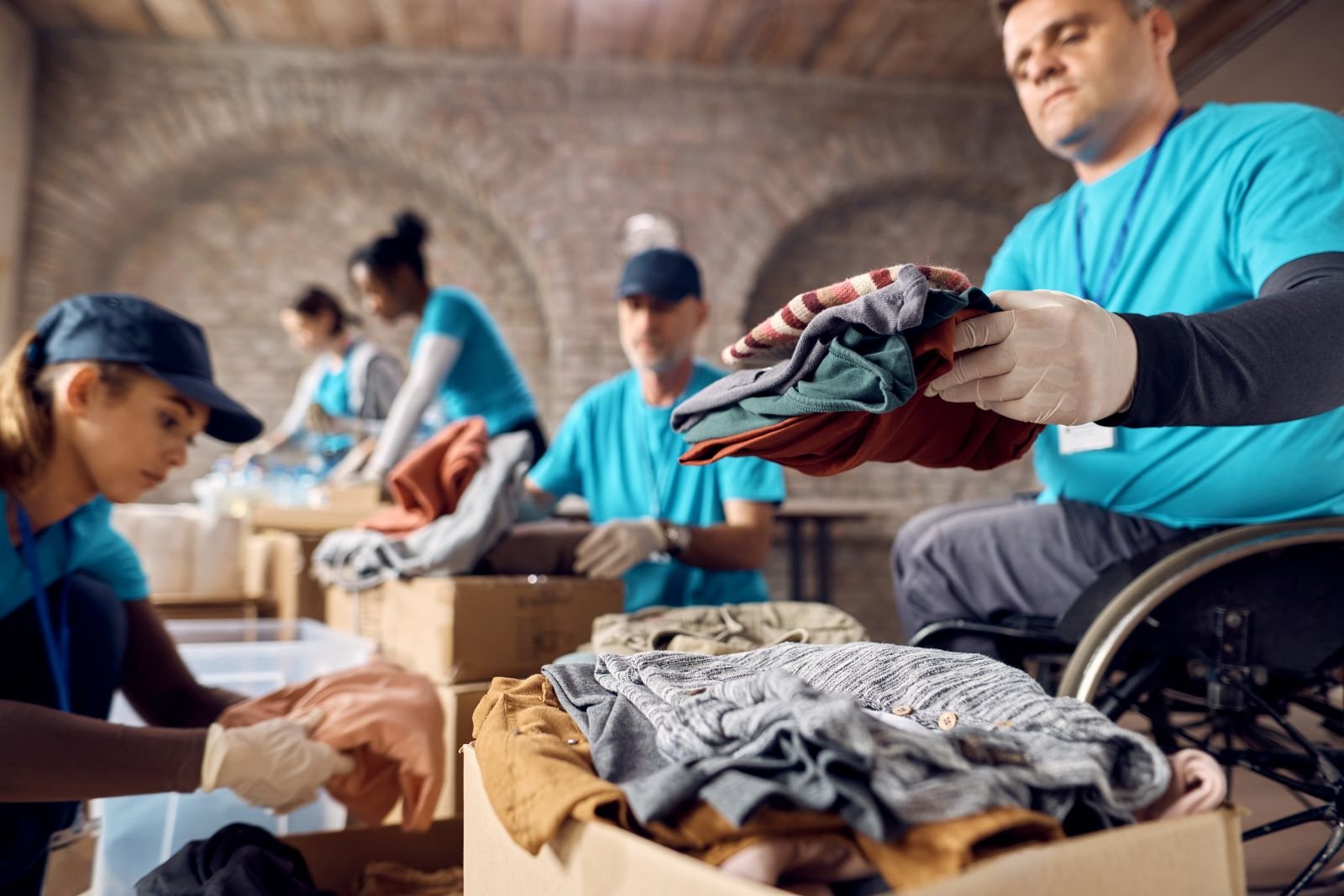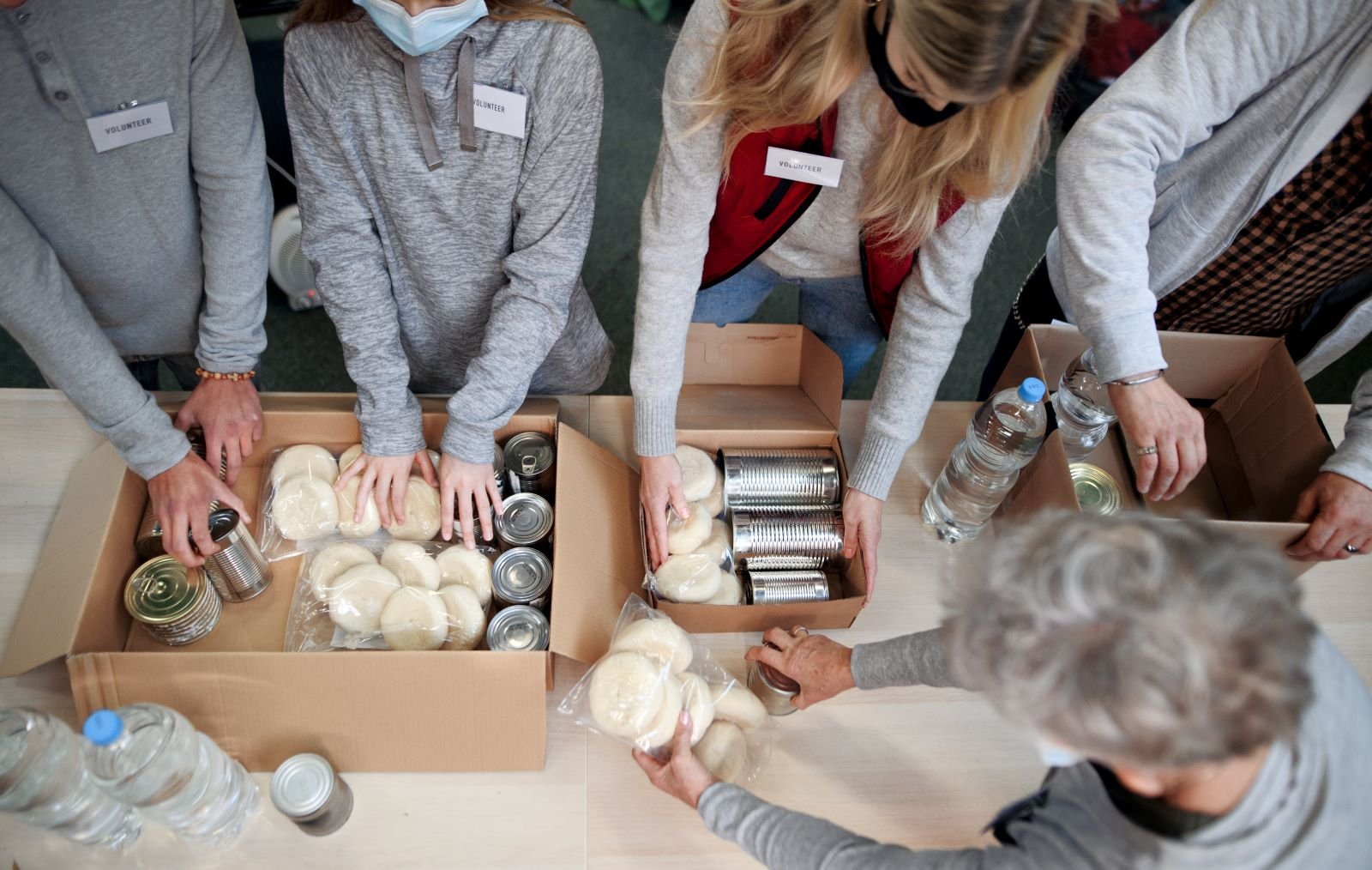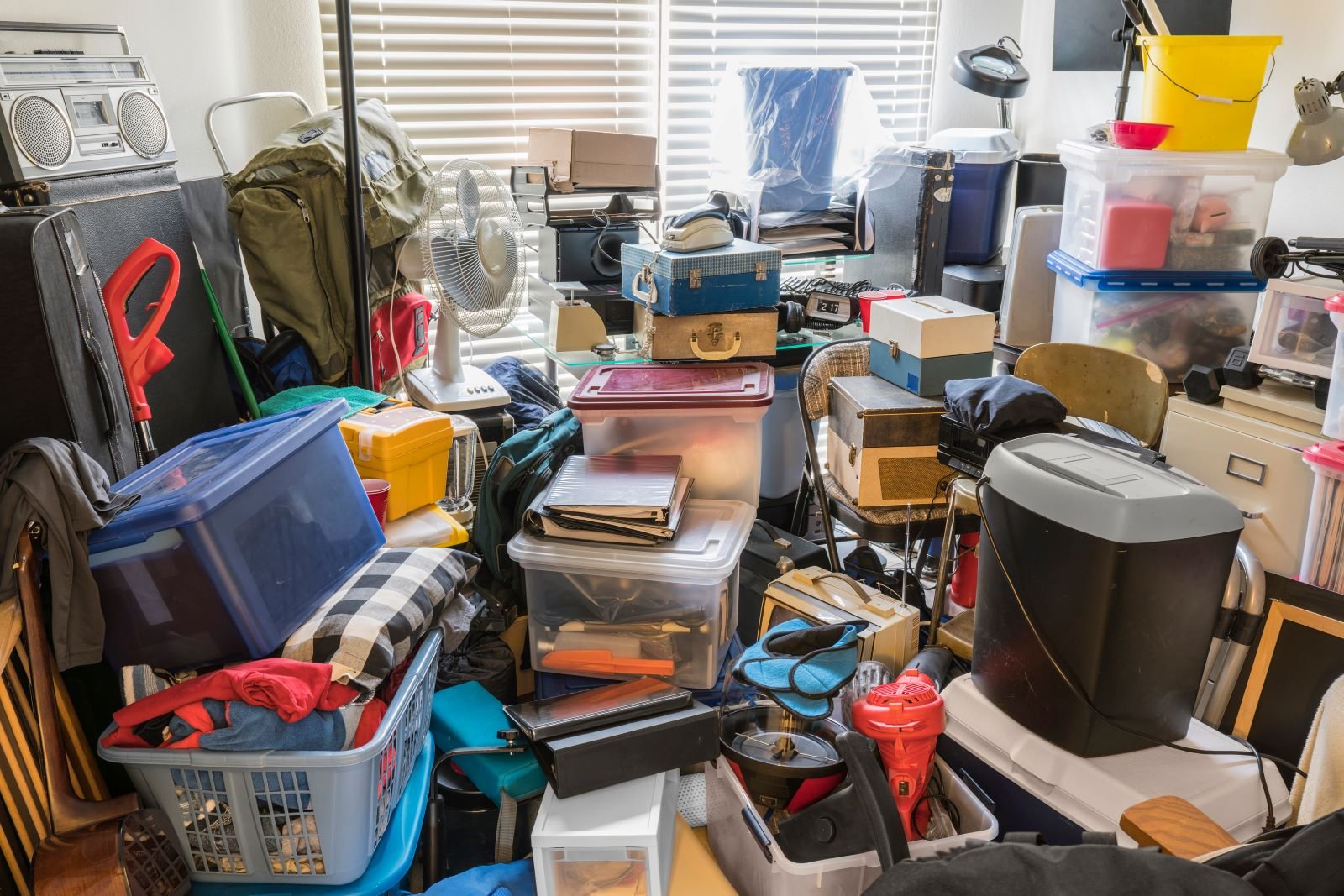Forbes has ranked Goodwill among the top 10 charities in the United States. It is one of the most popular charities among Americans to donate their used clothes, personal belongings, and other household items. However, Goodwill has come under public scrutiny several times which you may not be aware of. There are also a few other donation alternatives that you may want to explore.
Here are 12 reasons why you can consider stopping the donation of used items to Goodwill.
Landfill Waste

Goodwill repurposes used items through different channels, such as thrift and pre-loved apparel outlets, resellers, recyclers, and salvagers. However, it throws away wet and soiled textile donations. Given that Goodwill receives millions of donated used clothes, a significant percentage of it may end up in landfills.
Try to donate your stuff to lesser-known or small-scale charities, which often need more resources than they have. The chances of your donation going to landfills are minimal.
Need-Specific Donations

Goodwill accepts donations for most general-purpose items you want to cast off. However, due to its large-scale operations, it may be difficult to trace where each item went once you donate.
It would be a good idea to redirect your donation to need-specific institutions. For example, you can donate books to a local library or school. You can visit shelter homes to give away your old clothes. Many non-profits give a new life to furniture and appliances and put them to good use.
Multiple Sources of Donations

Goodwill invests approximately 81% of its network’s collective revenue from the sale of donated goods to provide and grow community-based programs and services. Its total revenue for 2023 stood at $7.6 billion, apart from private donations worth $1.5 billion against expenses of $7 billion.
It also runs sponsorship programs for brands that want to partner with it and receives grants from the government. For instance, in 2023, Goodwill Industries of Kentucky received a nearly $4 million federal grant from the U.S. Department of Labor (DOL).
You are better off donating your used items to organizations solely focused on philanthropic activities instead of commercial interests.
Labor Practices

The top executives of Goodwill take away six-figure salaries. However, it has often taken heat over giving unfair wages to people with disabilities. There have been allegations about Goodwill exploiting its disabled staff by paying them paltry cents on the hour amidst inhumane conditions.
You may want to stop giving to Goodwill to support fair wages and workplace safety for people with disabilities.
Lack of Transparency

One-third of Americans lack trust in charities to spend their funds well. While Goodwill publishes comprehensive information on its website, including its annual report and audited financial statement, it might not contain the information you are looking for.
You have to contact the Goodwill team or rely on other sources to seek more information.
Complex Supply Chain Management

Goodwill has a vast network of partner non-profits in the United States, Canada, and six other countries. It accepts various financial and in-kind donations and operates a chain of physical stores and online shopping stores. While Goodwill has proper systems in place to manage the sheer scale, supply chain inadequacies might occur. Your donation might lose its value by the time it reaches someone for use.
You can consider donating your used goods to a charity with fewer intermediaries or logistics challenges.
Supporting Hyperlocal Communities

Charitable giving to hyperlocal communities has a greater impact on society. It improves the quality of life for the underprivileged, boosts the local economy, and lowers the operational cost for non-profits.
Non-profits working hyperlocally understand the needs of the vulnerable population better. They can make a more significant difference in employment generation and rehabilitation. If you want direct involvement and a community-focused approach, give away your unwanted things to charities or unfortunate communities in your neighborhood.
Resale Value

Furniture, household appliances, electronic gadgets, designer apparel and accessories, and vintage goods fetch a high resale value. Donating these things to Goodwill means you lose an opportunity to sell them yourself. You don’t get any monetary benefit from your donation unless you claim a tax deduction. Instead, you can find buyers or shops and get the best bargains for your stuff.
This will help you earn extra bucks while retaining the value of things. You can then donate this money to your favorite cause or charity.
Online Giving Opportunities

These days, a plethora of websites, apps, and social media apps connect donors and recipients directly with each other. You can mutually agree on the pick-up date, time, and location.
You could meet the person in need and interact with them, making your donation more meaningful. You feel assured that your belongings have found a new and deserving home.
Donation Drives

There is a list of things you can and can’t donate to local Goodwill donation centers. It is advisable to check with your local center to learn about the donation services available in your area. Goodwill also recommends that donors sort items that belong together in the same container and pack them in reusable containers before dropping them off at the center or scheduling a pick-up.
You can organize a donation drive or garage sales at your convenience to avoid all this hassle.
Supporting Small Businesses

An extensive charity network like Goodwill gives tough competition to locally owned, independent thrift stores. These small businesses need help to earn their livelihoods. You can support the small thrift store owners by donating your things directly to them.
Financial Donations

If you prefer donating money instead of used items, nothing is inappropriate. In fact, financial donations help charities to use it more effectively or for a particular cause.
You can make financial donations to Goodwill. Alternatively, you can make micro-donations to other charities looking to support one month’s education for a poor child or treatment for a cancer patient.
